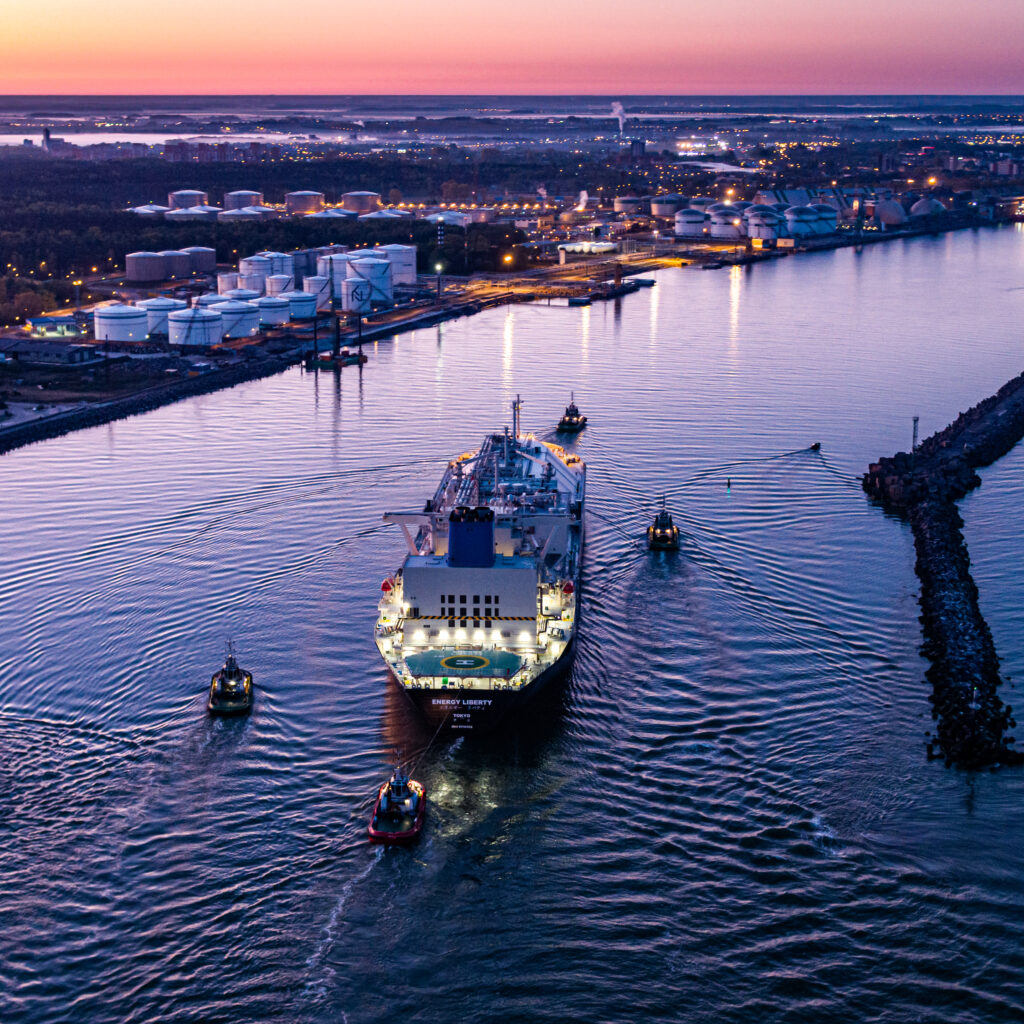The Future is
GREEN
DeCoInter is an international initiative transforming seaports into active contributors to the green energy transition. By bringing together research, digital tools, and cross-border cooperation, we are strengthening the South Baltic region’s capacity to meet the goals of the European Green Deal.
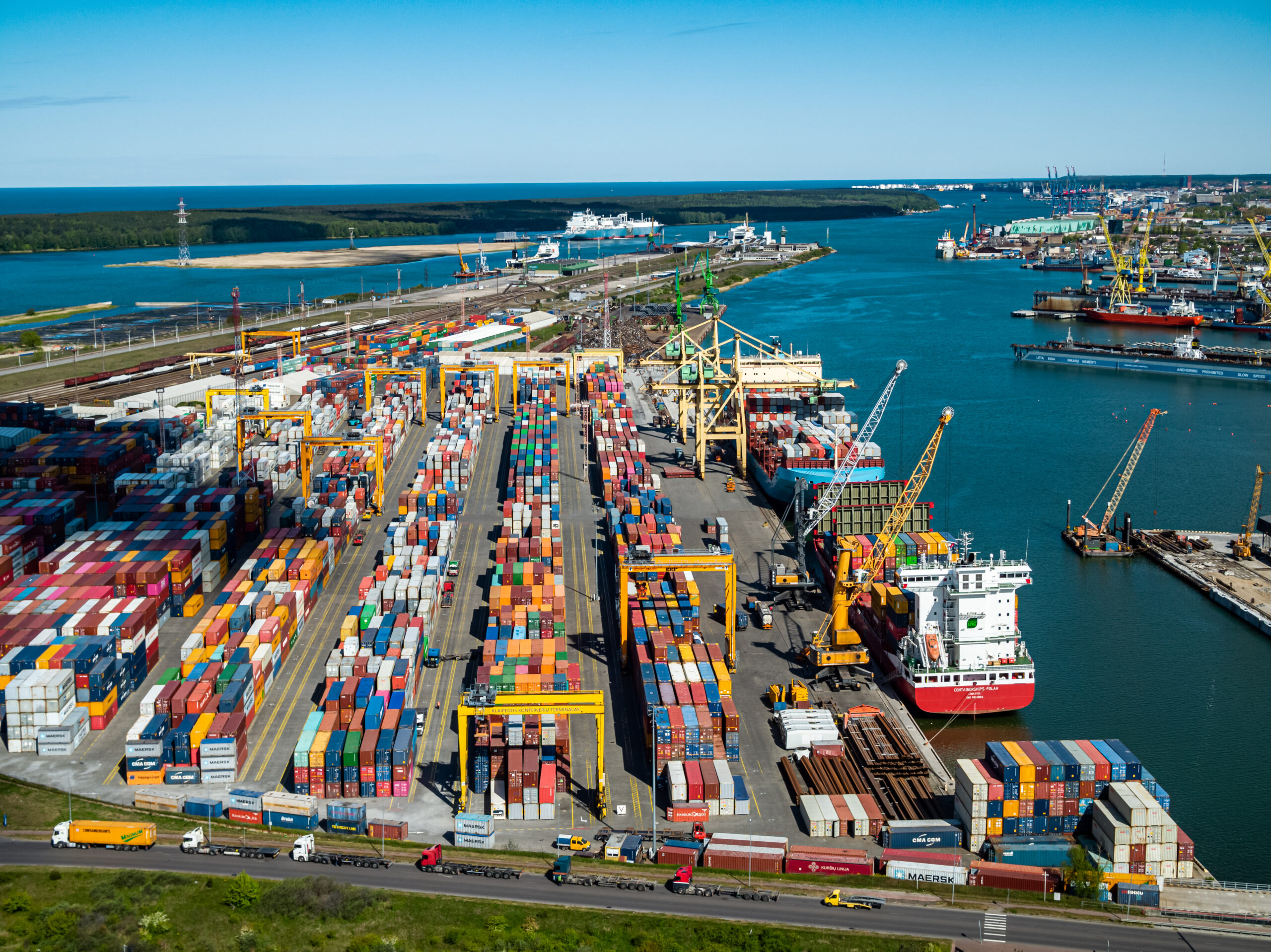
Project Overview
Transforming South Baltic Ports into Green Energy Hubs
DeCoInter (Decarbonization of the Maritime Sector and Its Impact on Green Energy Transition) is an international initiative supporting the transformation of ports in the South Baltic Sea region into active contributors to the green energy transition. Maritime transport remains a significant source of greenhouse gas emissions, yet seaports are uniquely positioned to drive decarbonization – serving as both major energy consumers and hubs for innovation, energy storage and distribution.
The project directly supports the goals of the European Green Deal and the REPowerEU strategy by promoting renewable energy sources and alternative fuels – such as hydrogen, methanol, ammonia, and electrification – in port areas.
Recognising that technological advancements must be paired with strategic planning and stakeholder cooperation, DeCoInter brings together research, digital tools, pilot initiatives, and training to build the capacities of ports, local authorities, energy providers, and academia for effective and sustainable energy transition strategies.
Programme and Funding
- Programme: Interreg South Baltic Programme 2021–2027
- Priority: Sustainable South Baltic – promoting sustainable development and the green and blue economy
- Action: Supporting transition towards green energy
- Total project budget: €2,134,730.00
- EU co-financing (ERDF): €1,707,784.00
- Project duration: January 1, 2025 – December 31, 2027
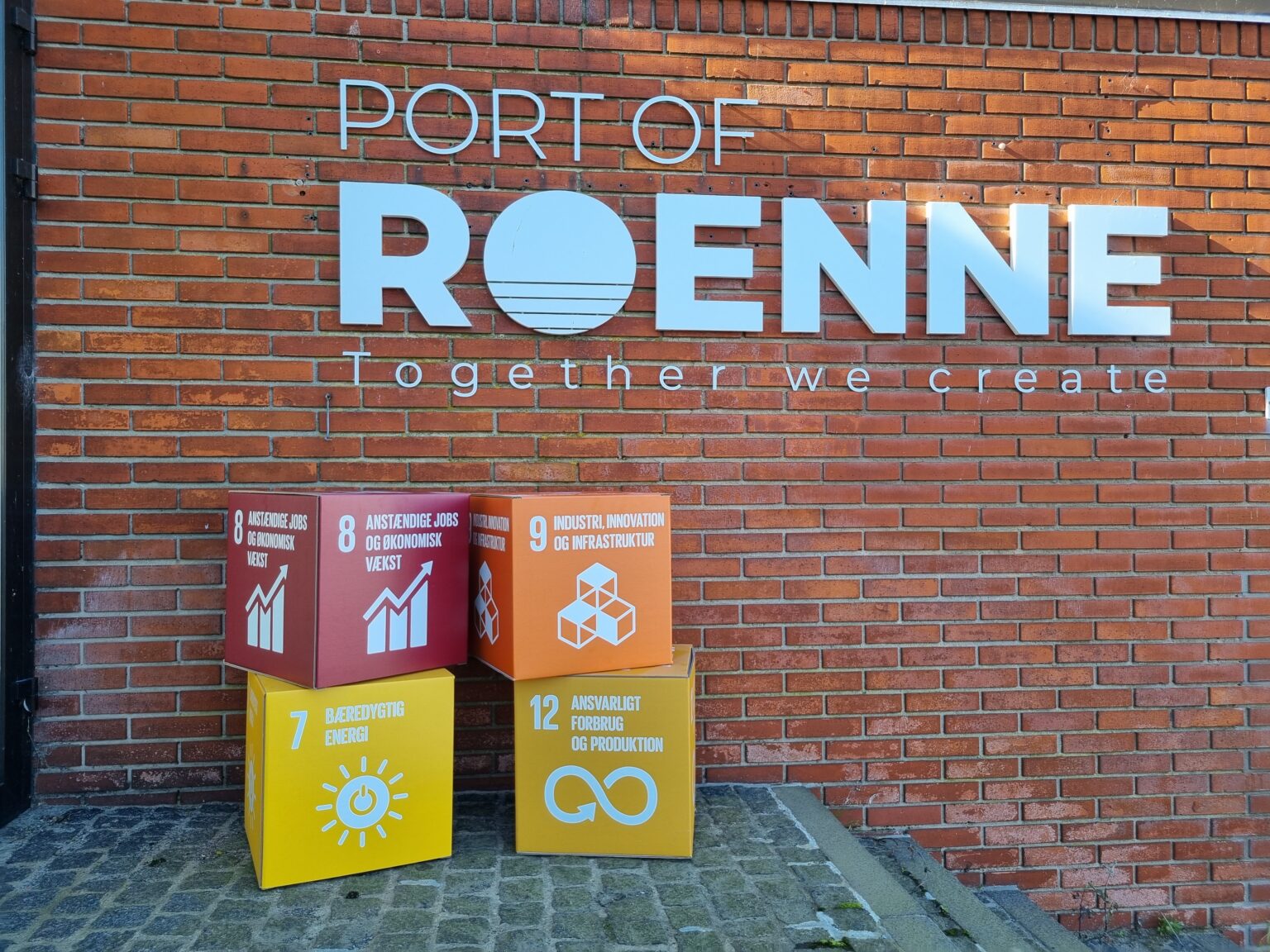
Scope
Geographical Scope & Target Groups
Activities span across Poland, Lithuania, Sweden, Denmark, and Germany – emphasizing cross-border cooperation in the South Baltic region. Who benefits from DeCoInter?
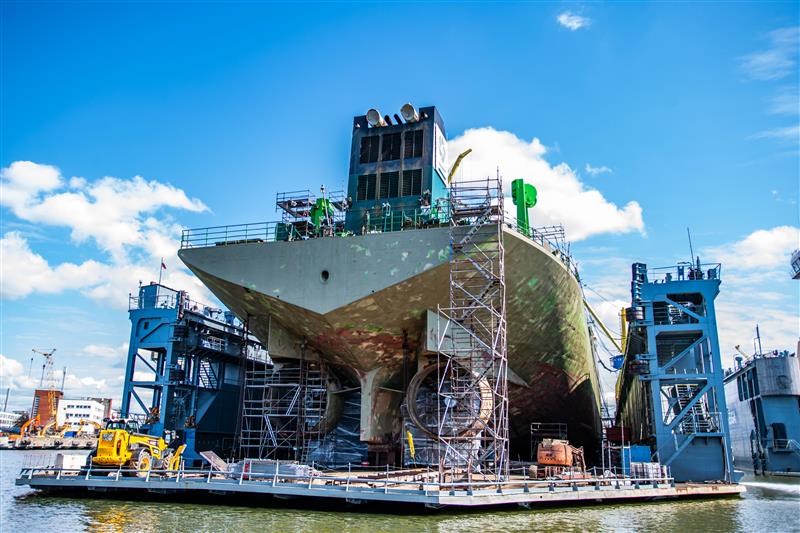
Port authorities & operators
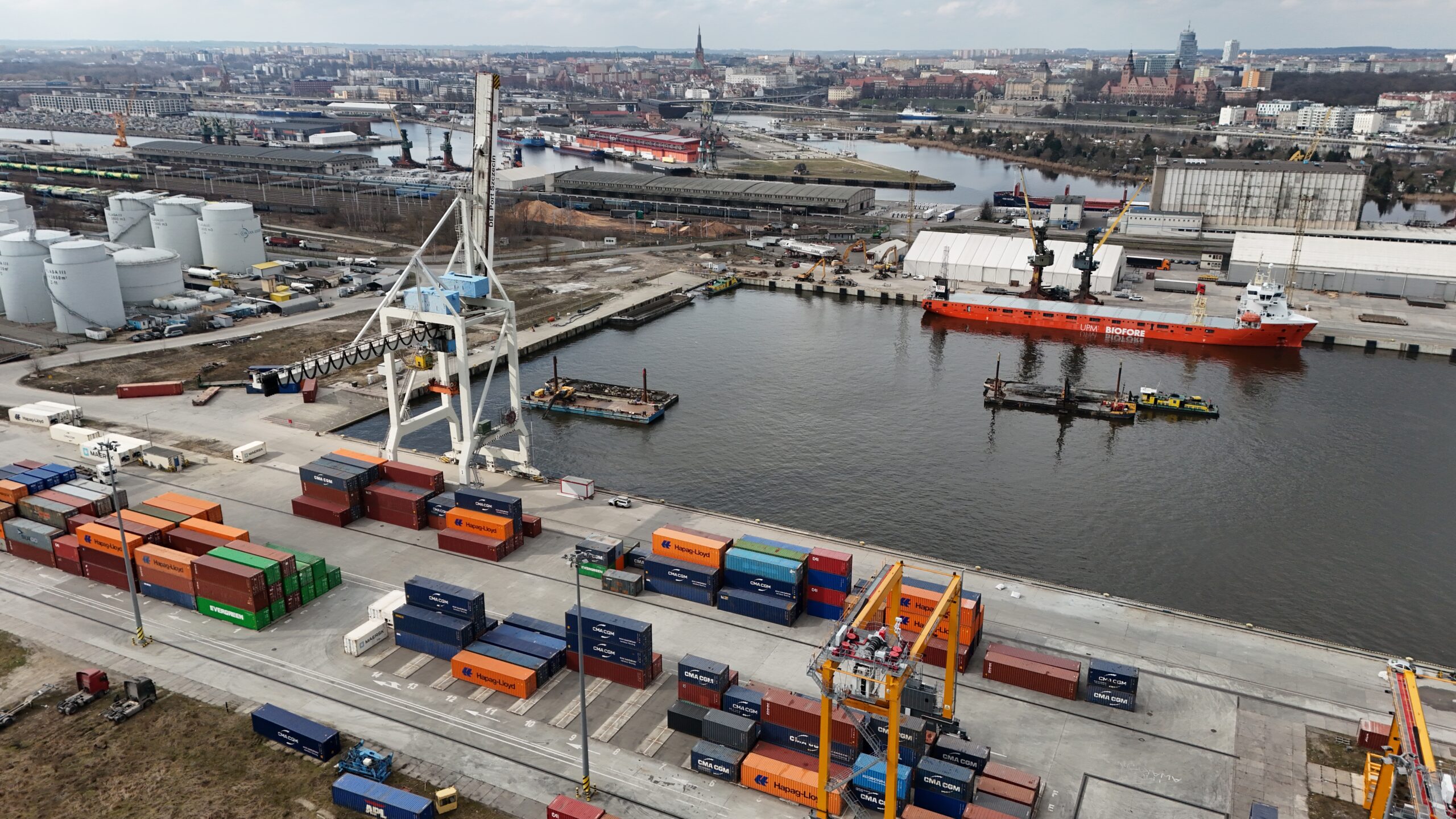
Local municipalities & logistics companies

Energy sector entities
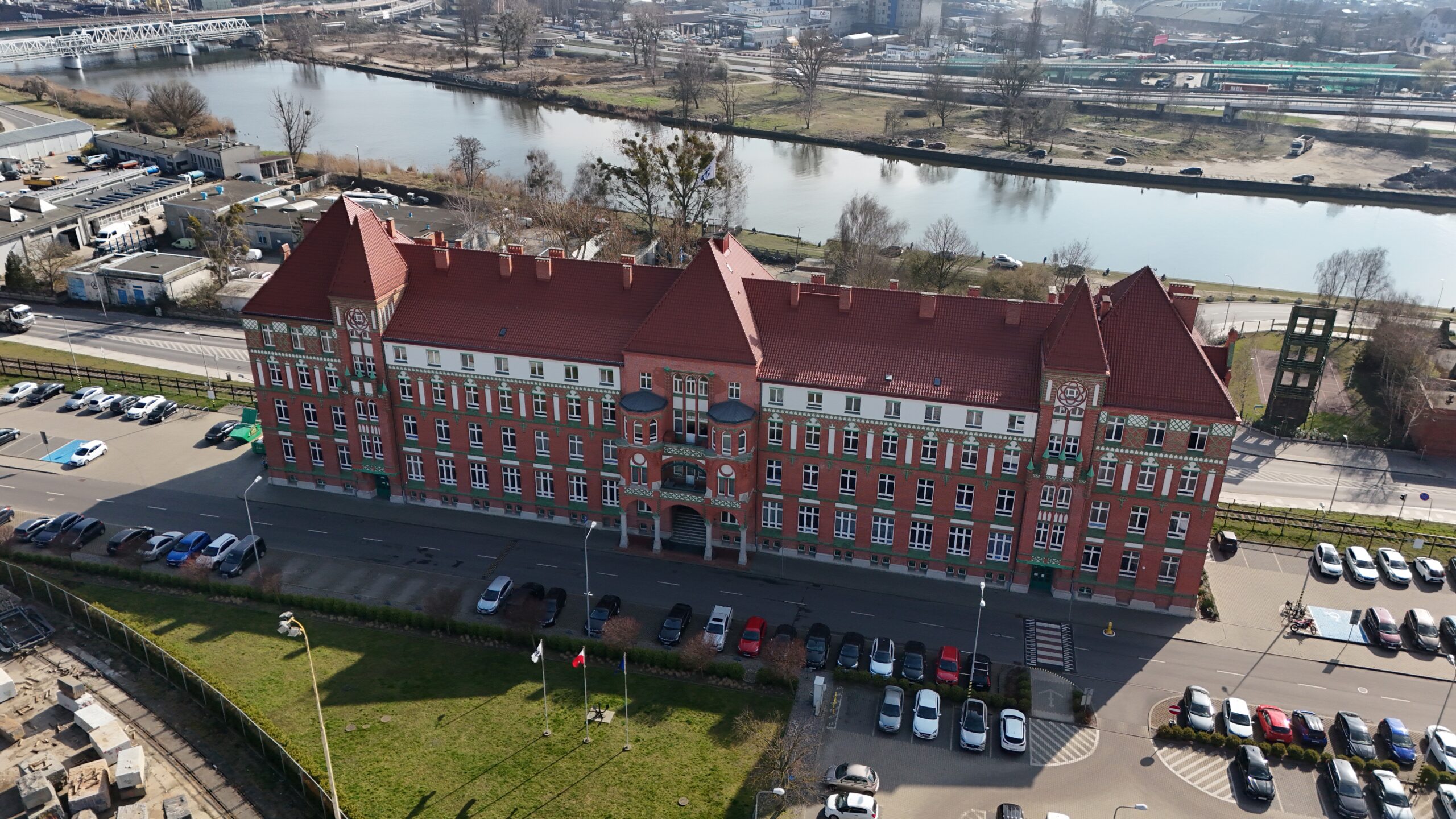
Academia & students
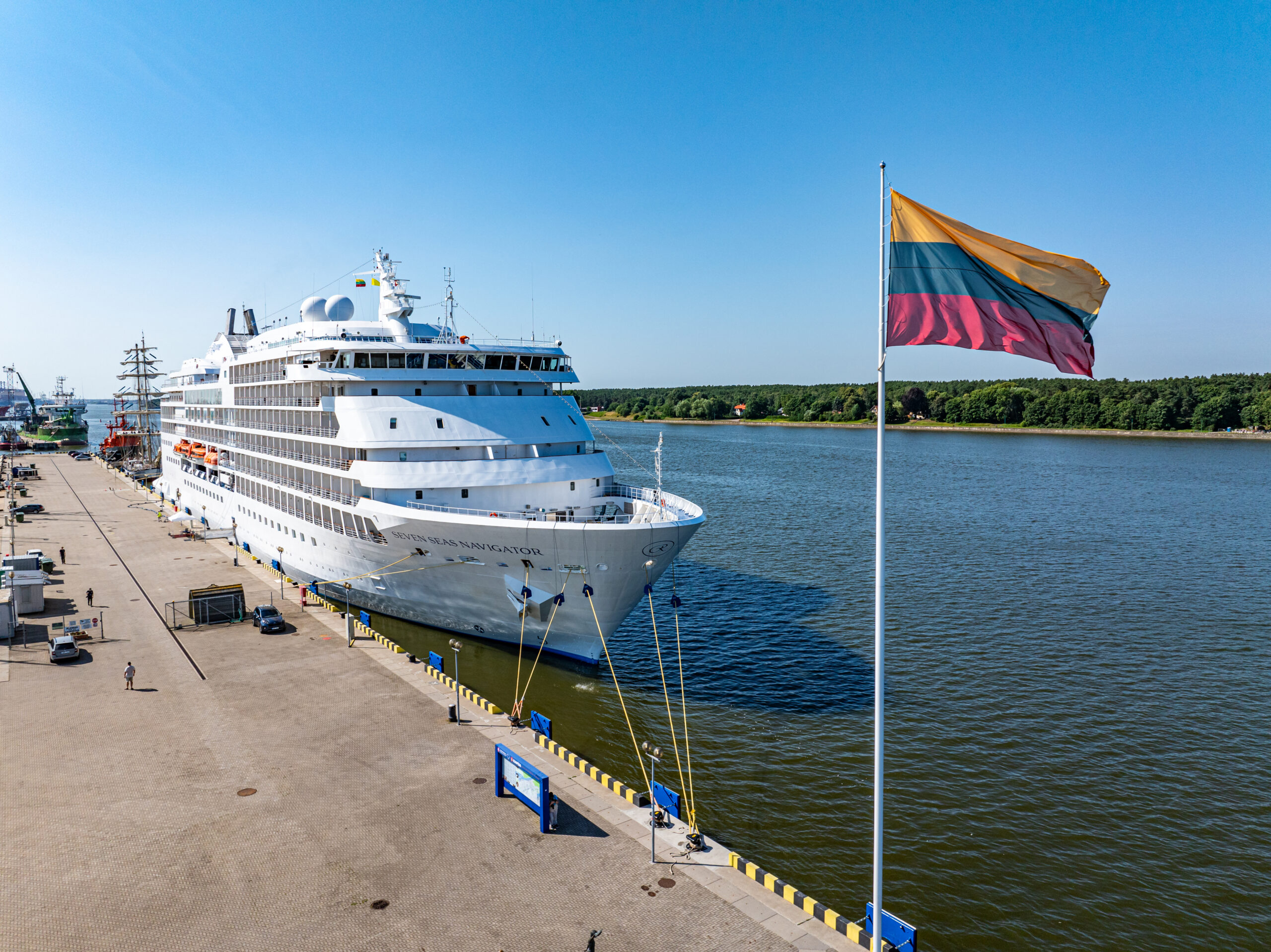
Regional policy-makers and innovation clusters
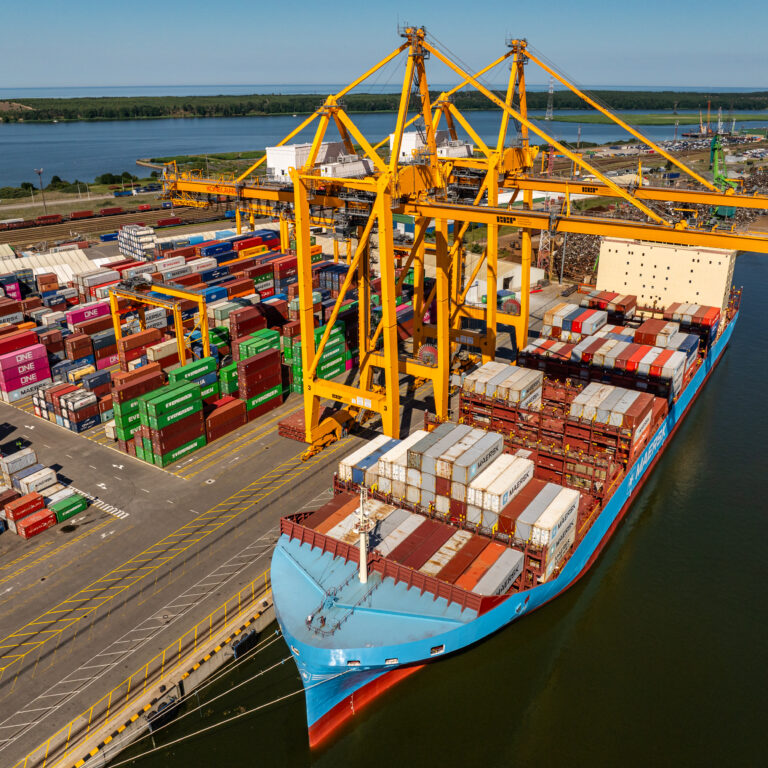
Project Objectives
South Baltic – New Leaders of Green Transformation in the Maritime and Transport Sectors
The main objective of DeCoInter is to enable ports in the South Baltic region to lead the green transformation of the maritime and transport sectors. The project addresses both supply and demand aspects of the energy system, ensuring technical readiness, strategic alignment, and regional coordination.
Specific objectives include:
- Transition Strategy
- Green Fuels
- Stakeholder Engagement
- Digital Tools
- Cross-border Cooperation
- Knowledge Transfer
Develop a methodological framework for the Seaports Energy Transition Strategies, including infrastructure prioritisation and policy development.
Create a scenario-based model for the development of a green fuels value chain, covering production, transport, distribution, and consumption.
Raise awareness among port stakeholders about low-emission technologies, energy efficiency, and regulatory frameworks.
Design and pilot digital tools that support decision-making related to investments and emission reduction.
Promote cross-sectoral and cross-border cooperation among public authorities, port operators, universities, and the energy sector.
Deliver targeted education and training programs for students and professionals in the fields of maritime logistics and renewable energy.
Key Results
Foundations for Sustainable Shipping
By the end of the project, DeCoInter will deliver strategic, technical, and educational outputs to drive long-term sustainability and innovation in the maritime sector:
- A digital mapping and prioritisation tool to guide energy transition planning in seaports
- A harmonised methodology for developing comprehensive energy transition strategies for ports
- A scenario model for the green fuels value chain to support strategic decision-making
- Implementation modules tested in selected pilot ports, including solutions for alternative fuel handling, energy infrastructure, and operational procedures
- Educational and training programs tailored for students and maritime sector stakeholders
- The establishment of the Regional Cluster for Seaports Energy Transition (RCSET), a cooperation platform to foster knowledge exchange and long-term impact
